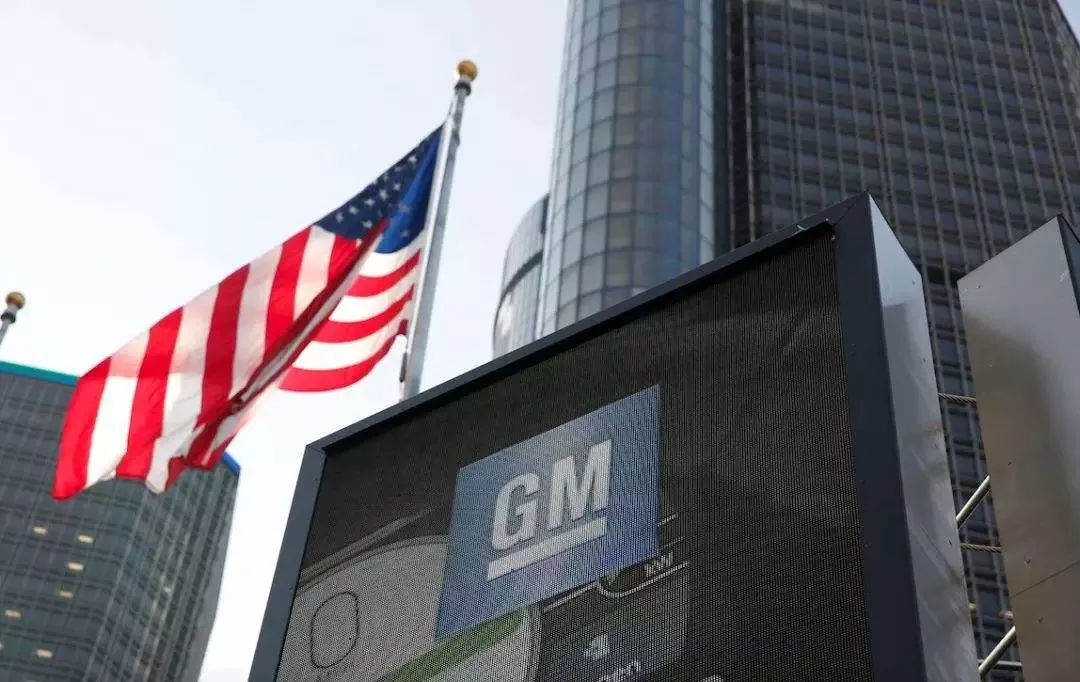
Recently, General Motors (GM) announced that it will lay off over 1000 salaried employees worldwide, which quickly sparked widespread attention and discussion in the industry. This layoff action is not only a pragmatic move by General Motors to address the current industry difficulties, but also an important step in accelerating its strategic transformation and focusing on emerging fields.
In recent years, the global automotive market has faced multiple challenges. On the one hand, the traditional fuel vehicle market has weak growth and declining sales; On the other hand, emerging markets such as electric vehicles and intelligent connected vehicles are flourishing, posing a huge impact on traditional car companies. In addition, factors such as unstable supply chains and fluctuations in raw material prices have further exacerbated the operating costs of car companies. In this context, General Motors, as an industry giant, has not been spared.
In order to address these challenges, General Motors has had to take a series of measures to reduce costs and enhance competitiveness. This layoff action is an important part of this series of measures. According to the company's statement, layoffs will mainly focus on the "software and services department" to optimize resource allocation and concentrate efforts on investing in more promising areas.
According to multiple media outlets such as CNBC, General Motors' layoff plan involves multiple positions worldwide, and although the exact number has not been fully disclosed, it is expected to exceed 1000 people. Among them, the General Motors technology park near Detroit in the United States will become a major area for layoffs, with approximately 600 jobs expected to be affected. The affected employees have received notification on the morning of August 19th local time and will receive corresponding compensation and resettlement support in accordance with company policies.
It is worth noting that the layoffs occurred shortly after the leadership changes at General Motors. Previously, former Apple executive Mike Abbott resigned due to health reasons, bringing some uncertainty to the company's software and services departments. This layoff can be seen as an important attempt by the company to adjust its organizational structure and clarify its future development direction.
Behind General Motors' recent layoffs is its determination to accelerate strategic transformation and focus on emerging fields. With the continuous expansion of the electric vehicle and intelligent connected vehicle markets, General Motors has realized that only by constantly innovating and accelerating transformation can it stand undefeated in the fierce market competition.
To this end, General Motors has invested billions of dollars in research and production in areas such as pure electric vehicles and "software defined cars". The company hopes to achieve long-term profit growth through selling software or providing subscription services. In addition, General Motors is actively expanding into cutting-edge fields such as autonomous driving technology and connected car services, in order to gain a competitive edge in the future automotive market.
General Motors' layoffs are not an isolated case. Layoffs have become a common phenomenon in the global automotive industry. Traditional car companies such as Ford and Volkswagen have also taken layoffs measures to cope with market challenges and cost pressures. Meanwhile, new energy vehicle companies have not been spared, and giants such as Tesla have also carried out large-scale layoffs. This series of layoffs not only reflects the severe situation in the automotive industry, but also triggers profound thinking about the future of the industry.
On the one hand, layoffs are a painful experience for both companies and employees. Enterprises need to bear high costs of layoffs and social responsibility pressures; Employees need to face the dilemma of unemployment and the challenge of finding new jobs. On the other hand, layoffs are also an inevitable choice for companies to respond to market changes and achieve strategic transformation. Only by continuously optimizing resource allocation and enhancing competitiveness can enterprises survive and grow in the fierce market competition.
The news of General Motors laying off thousands of employees is regrettable, but it also provides us with an important window to observe the changes in the automotive industry. In this era full of challenges and opportunities, automotive companies need to constantly innovate and accelerate transformation to adapt to market changes. Only in this way can the sustainable development and common prosperity of the automotive industry be achieved.

Recently, a series of corporate borrower fraud cases have been exposed on Wall Street, implicating institutions such as Jefferies, First Brands, Zions Bank, and Western Union Bank, with massive loan losses triggering market panic.
Recently, a series of corporate borrower fraud cases have b…
According to a report citing the Messenger Post of Papua Ne…
In the latest meeting minutes released by the Bank of Japan…
November 4th witnessed a "day of terror" in the cryptocurre…
On October 26th local time, Tesla's CEO Elon Musk announced…
When the US National Nuclear Security Agency fell into an "…